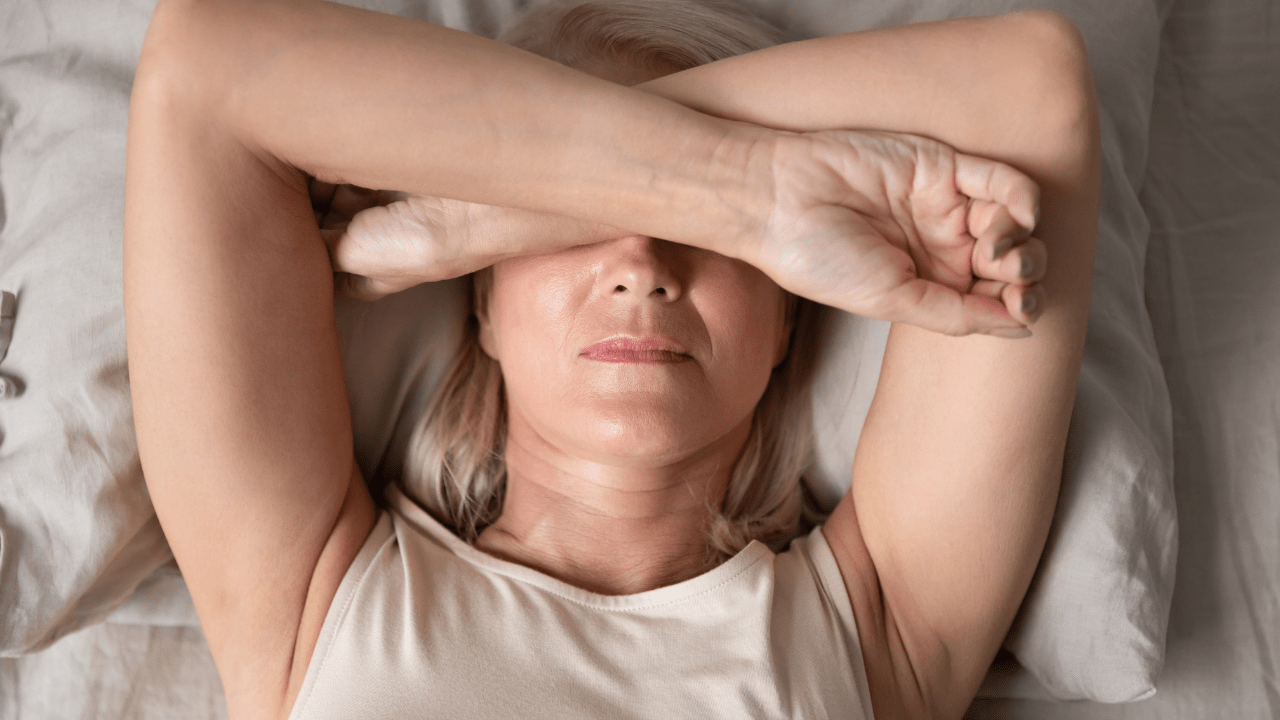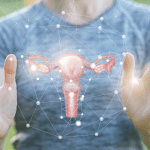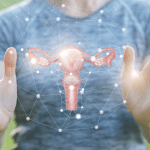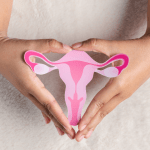Will having a hysterectomy help a woman with her perimenopause symptoms? The short answer is NO. Perimenopause is caused by the fact that your ovaries are shutting down. Your ovaries are going to stop releasing eggs every month, and they’re going to stop making estrogen.
Hysterectomy is usually done for controlling heavy bleeding if you have very large fibroids and for treating cancer, so it’s also a major abdominal surgery, of course. However, the idea of having a hysterectomy for perimenopause symptoms is really completely overkill.

It’s understandable that some women have a really horrible time with perimenopause symptoms. However, these can be influenced by hormone therapy, bioidentical hormone therapy, phytoestrogens, changing your lifestyle, diet and exercise, and super important, by detoxing from endocrine disruptors, endocrine disruptors.
What does that mean? Decrease the load of chemical toxins that are hormone disruptors from your daily life sources of hormone disruptors, also known as xenoestrogens, are pesticides, foods like beef where the animals are given hormones, farmed fish and dairy products, plastic, toxic compounds in packaging that leach into our foods, cleaning chemicals, fabric softeners, bleaching chemicals, cosmetics and skin care products containing parabens and phthalates, and pharmaceuticals, which are known synthetic estrogens. All of these are bad estrogenic compounds that will store in fat cells in your body and contribute to hormone imbalance and disease. It’s really better if you only use 100% natural and chemical free femcare products and moisturizers.








